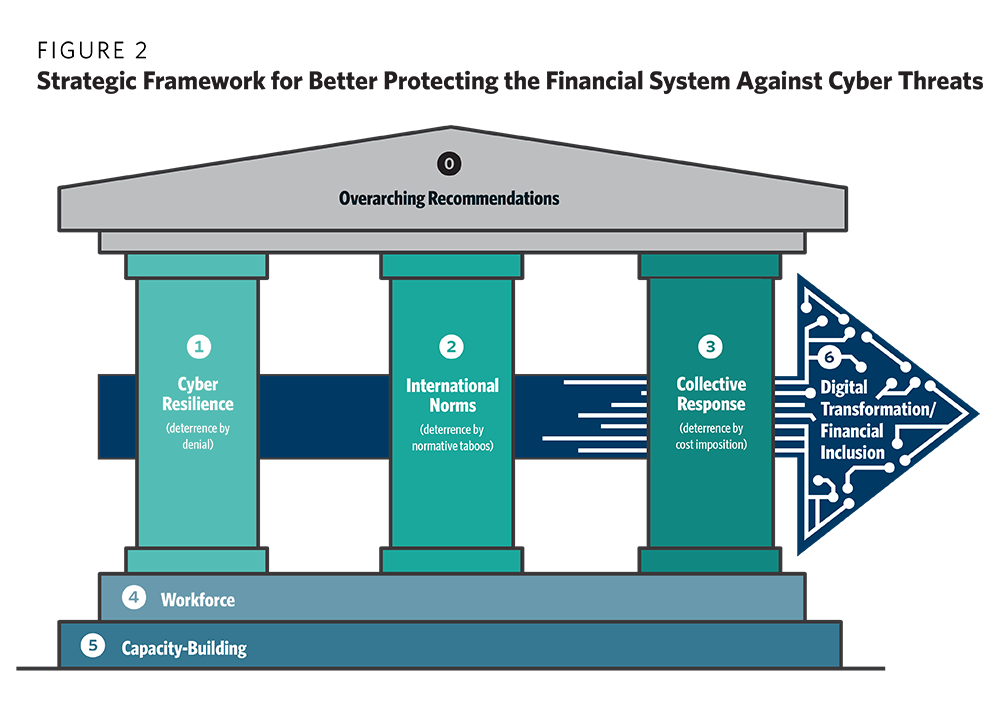Banking Cyber Resilience in Emerging Markets: More Than Just Firewalls
By Lalit Gupta “The Cyber Doctor”
In 2018, I was called in by a regional bank in South Asia that had just faced a coordinated phishing attack. Their response? Pull the plug—literally. Branch servers were disconnected, systems shut down, panic filled the hallways.
What struck me wasn’t the breach itself, but how unprepared and unsupported the internal teams felt. The IT head told me, “We have policies, but no playbook. We have tech, but no trust.”
That moment stayed with me.
Because in much of the emerging world, cyber resilience isn’t theoretical—it’s survival.
Real-World Resilience Isn’t a Framework
I’ve been privileged to work across India, UAE, Nigeria, Ghana, Rwanda, and now increasingly, East Africa. Sometimes as a CISO, other times as a policy advisor or vCISO. But always—right at the edge of real-world problems.
And what I’ve learned is this:
Cyber resilience isn’t built in slides and dashboards. It’s forged in pressure, uncertainty, and people who care enough to act.
Emerging Markets: The Landscape of Urgency and Innovation
Banks here aren’t just transforming—they’re catching up while sprinting forward.
They’re:
- Digitizing under pressure from regulators and fintech disruptors
- Securing data while extending services to first-time digital users
- Managing outages, unrest, budget limits, and board expectations—often simultaneously
And yet… there’s a resilience of spirit I’ve rarely seen elsewhere.
I’ve worked with young security teams in Accra who built DR plans from scratch with no template. A CISO in Kigali who convinced his board to fund threat detection based on a single tabletop simulation. People are learning, leading, and adapting—fast.
What Actually Works on the Ground
- Start with the Humans, Not the Tools
I’ve seen banks with outdated tech still survive breaches—because their people were alert, trained, and trusted. Awareness is not a checkbox; it’s culture. - Governance Must Speak Business, Not Just Compliance
If your audit language can’t be understood by branch ops, it will never stick. Translate frameworks into action—simplify without diluting. - Work with, Not Around, Regulators
In places like Tanzania, Kenya, and India, engaging regulators early creates shared accountability. Don’t wait for a penalty to start a conversation. - Build for Disruption, Not Just Availability
Real continuity isn’t just a secondary data center—it’s the confidence that services will keep running when the lights go out. Resilience includes the human response to chaos.
Why This Isn’t Just Technical
The reason I keep doing this work—even after 25 years—is because cyber resilience in emerging markets is about dignity.
It’s about a farmer being able to trust their mobile banking app.
A mother knowing her child’s account is protected.
A bank teller who feels confident in the face of phishing emails.
A CIO who knows his board understands the risks—and backs him anyway.
Behind every security control is a life that depends on trust.
That’s the real currency we protect.
In Closing
If you’re in a bank, regulator’s office, or consulting firm in the Global South—know this:
You’re not behind.
You’re building in a different context—with fewer resources but often deeper resolve.
And that takes a different kind of leadership.
Let’s stop chasing perfection. Let’s build clarity. Let’s support teams. Let’s harden trust.
Because in the end, resilience is what allows banking to serve people—no matter what the future holds.
Feel free to connect or reach out. I continue working with institutions across Africa, the Middle East, and Asia to build resilience, one practical step at a time.
#CyberResilience #BankingLeadership #EmergingMarkets #DigitalTrust #RiskStrategy #vCISO #FinancialSecurity


